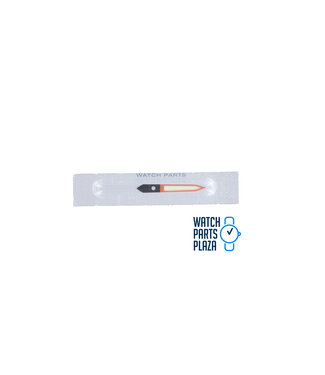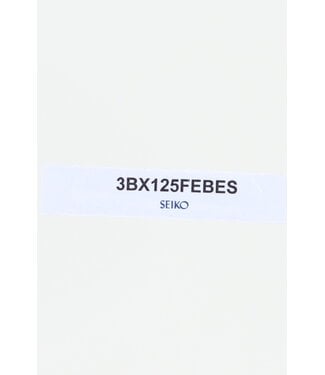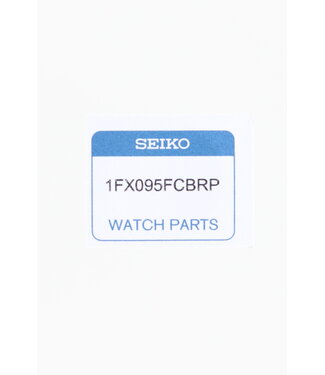Want to buy a watch hand online? Or want to replace the hands of your Seiko watch? Check all the pointer hands & hand sets here online.
View our range of watch hands & hand sets here. Mainly Seiko hands.
Watch hands are the small, thin, and usually metallic pointers that rotate around the dial of a wristwatch or pocket watch to indicate the time. The number and arrangement of watch hands can vary depending on the type of watch and its functions, but they typically include an hour hand, a minute hand, and a second hand.
The hour hand is the shortest and thickest hand on the watch dial, and it indicates the current hour. The minute hand is longer and thinner than the hour hand, and it indicates the minutes that have elapsed since the start of the current hour. The second hand, if present, is usually the thinnest and longest hand on the dial, and it rotates around the dial once every minute to indicate the seconds.
Some watches may also have additional hands for other functions, such as a chronograph hand for timing events or a GMT hand for indicating a second time zone. Watch hands are usually powered by the watch's movement, which is either a quartz crystal or a mechanical system of gears and springs.
Originated term of the pointer hand
The term "hand" for the pointers on a watch dial comes from the resemblance of the pointers to the hands of a human hand, with the tip of the pointer resembling the fingertips. This metaphorical connection between the watch hands and the hands of a person has been used since the earliest days of mechanical timepieces.
The earliest mechanical clocks and watches used a single pointer called an "index," which resembled a long, thin finger pointing at the hour on a circular dial. As clocks and watches became more complex and added more functions, additional pointers were added to the dial, and these new pointers were also called "hands" because of their resemblance to the fingers of a hand.
Over time, the term "hand" became standardized in the horological industry to refer specifically to the pointers on a watch dial, and it has remained in use to this day. The use of the term "hand" also reflects the precision and accuracy that is required of a watch, as a watch's hands must be precisely aligned and calibrated to ensure accurate timekeeping.





